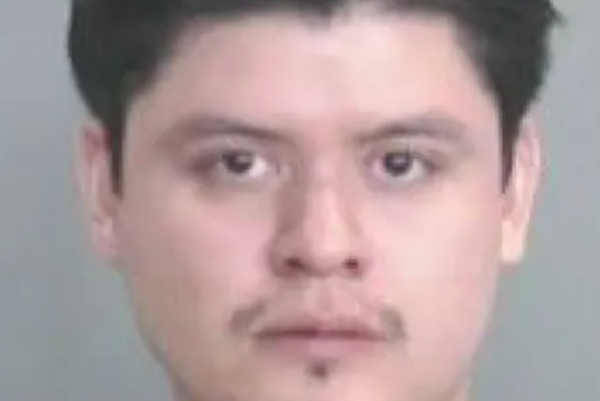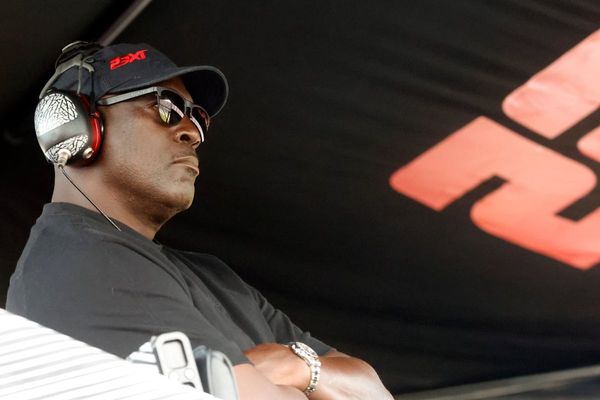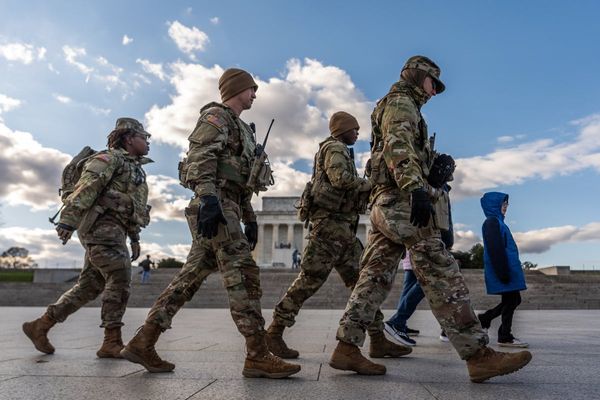
EU leaders made a rallying call to defend Ukraine’s freedom to decide its own future in advance of their virtual summit with Donald Trump – convened to discuss US strategy before the president’s talks with Vladimir Putin on Friday.
With the exception of Hungary, all EU leaders signed a joint statement, with Kaja Kallas, the EU foreign policy chief, also calling for the Ukrainian president, Volodymyr Zelenskyy, to attend the Trump-Putin summit in Alaska on Friday.
Trump insists his meeting with Putin is a “feel-out” to gauge the Russian leader’s willingness to compromise, but European leaders fear Trump will be lured into a joint declaration with Moscow that involves irretrievable concessions before substantive talks between Ukraine and Russia.
Putin may also use the meeting to advance a wider agenda of normalisation of relations between the US and Russia, a development that would start to lock Trump into economic cooperation with Moscow rather than confrontation.
The White House press secretary, Karoline Leavitt, confirmed on Tuesday that the summit would be a one-on-one meeting between Trump and Putin, and that it would take place in Anchorage, Alaska. She further lowered expectations for any kind of agreement, saying that it would be a “listening exercise” for Trump.
Zelenskyy on Tuesday ruled out removing Ukrainian troops from the Donbas region, probably a key aim for Russia, and described the summit as a “victory” for Putin. “First, he will meet on US territory, which I consider his personal victory,” Zelenskyy said. “Second, he is coming out of isolation because he is meeting on US territory. Third, with this meeting, he has somehow postponed sanctions.”
Europe has also vocally backed Ukraine. The EU leaders said on Tuesday: “Meaningful negotiations can only take place in the context of a ceasefire or reduction of hostilities,” adding: “We share the conviction that a diplomatic solution must protect Ukraine’s and Europe’s vital security interests.
“A Ukraine capable of defending itself effectively is an integral part of any future security guarantees.” They added that EU nations were ready to contribute further to security guarantees.
The Hungarian prime minister, Viktor Orbán, Putin’s longstanding ally in Europe, mocked the statement from his EU counterparts, saying: “The statement attempts to set conditions for a meeting to which leaders of the EU were not invited. The fact that the EU was left on the sidelines is sad enough as it is. The only thing that could make things worse is if we started providing instructions from the bench.” Denying he was Putin’s puppet, he added: “The only sensible action for EU leaders is to initiate an EU-Russia summit, based on the example of the US-Russia meeting.”
Zelenskyy said there was no sign of Russia seeking peace, and said it was instead preparing a fresh military offensive. Ukraine admitted it was trying to prevent a decisive Russian breakthrough in the north of the Donetsk region.
European leaders are clinging to the hope that Trump’s recent impatience with Putin for failing to agree a 30-day ceasefire will not dissolve on contact with the Russian leader. Recent signs suggested Trump was slowly hardening his stance towards Russia, including resuming intelligence cooperation with Ukraine, a willingness to supply arms for Ukraine if bought by the EU and the threat of secondary sanctions against countries that traded in Russian oil.
But Europe’s painstaking diplomatic progress with Trump, including a successful Nato summit in June, now looks to be at risk.
Trump has said any peace deal would involve “some swapping of territories to the betterment of both” Russia and Ukraine, a phrasing that hides the reality that virtually all the territory in question is Ukrainian. Russia has yet to specify if it will hand back any of the territory it has seized by force since it launched its first military attacks more than 11 years ago.
“Meaningful negotiations can only take place in the context of a ceasefire or reduction of hostilities,” the European leaders said. They added: “We share the conviction that a diplomatic solution must protect Ukraine’s and Europe’s vital security interests.”
Kallas added: “The sequencing of the steps is important. First, an unconditional ceasefire with a strong monitoring system and ironclad security guarantees.”
In the statement early on Tuesday, the leaders were careful not to express criticism of Trump, saying they welcomed “the efforts of President Trump towards ending Russia’s war of aggression against Ukraine”.
They added: “A just and lasting peace that brings stability and security must respect international law, including the principles of independence, sovereignty, territorial integrity and that international borders must not be changed by force.”
Trump played down the possibility of a breakthrough in Alaska but said he anticipated “constructive conversations” with Putin, a piece of expectation management that is unlikely to reassure European leaders.
“This is really a feel-out meeting a little bit,” Trump told reporters at the White House. “We’re going to see what he has in mind and if it’s a fair deal, I’ll reveal it to the European Union leaders and to Nato leaders and also to President Zelenskyy,” Trump said. “I may say: ‘Lots of luck, keep fighting.’ Or I may say: ‘We can make a deal.’”
Trump was also critical of Zelenskyy on Monday, noting that Ukraine’s leader had been in power for the duration of the war and said “nothing happened” during that time. He has made it clear that he sees no prospect of Ukraine regaining territory it has lost, and is frustrated that European leaders, worried about Ukrainian morale, remain so reluctant to acknowledge this reality in public. Zelenskyy refers to a de facto loss of territory, but will refuse to accept the loss in any peace treaty.







